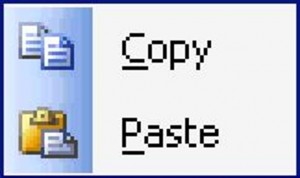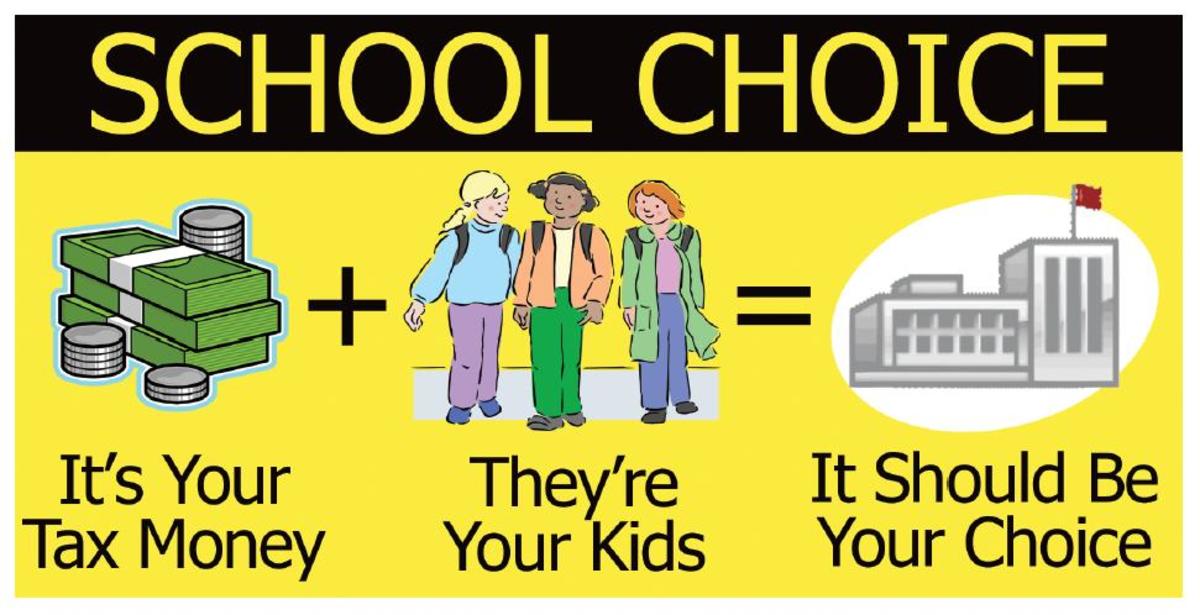Children Are Not Products

People do not learn in the same manner, we each learn at an individual pace and through different methods. Another huge factor in learning is experience and we usually learn best when in situations of disjuncture. It is this disjuncture that makes us contemplate our life situations and learn from them. Though multiple experiences of disjuncture we learn important life skills and how to apply them to future experiences. How is the school system we are currently using creating learning experiences for the children? Their days are scheduled and they follow nearly the same routine each day. Even though teachers may attempt to teach through different methods for the individual children’s benefit, there is still little that can be done with such a large group of children. Also, the fact that the children are sorted through age instead of developmental level may cause some educational issues.
It seems like we treat children as products rather than people. They need to be able to pass inspection or rather tests in order to pass to the next grade, or assembly line. Children learn at different paces and should be grouped depending on skill rather than age. In my opinion, the school system is not truly educating children, at least not in the best possible manner. Instead it is either teaching them or forcing them to conform.
The school system was developed during the industrial era when society was in need of workers. This is what the school system was supposed to produce: workers for the factories. Now our society is very different and technology has become a dominant factor in our lives. Children are surrounded by easily accessible information; they have endless sources of entertainment and need to be able to use these resources effectively by the time they enter the workplace. So it seems that the children need to learn more and more, as well as more difficult subjects. All while being in larger group settings than ideal, in these settings I cannot see how the teachers could get a good idea of what each child needs. They may not learn as effectively as they should, or could. They may not be challenged as they should or be expected to complete work beyond their level of comprehension. When you have such a large group of children it is easy to allow one or two to slip through the cracks.
In my opinion the school system is ineffective. I am biased however, seeing as how I did not have an enjoyable school career. Even though I always had the good grades and was considered a great student, I found that school itself was useless. My teachers often ignored me because I was able to do the work independently. I was thinking that every year was the same, the material repetitive and school was useless. Even now in university English classes we have had to go over the proper way to use basic grammar. I am sure I was introduced to grammar in grade two yet university students are still unaware of its purpose. This is because in my experience, if you are good at most subjects but you cannot grasp some basics in others, you can still slide by without any notice. I did not learn how to do long division until grade nine because I did not want to, and my teachers did not realize that I could not grasp the idea.

It was my experience with the school system that made me think about this line of inquiry so often. Going into the Early Childhood Education program, I got to see what emergent curriculum looks like and how well the children respond. Emergent curriculum is based entirely off the children’s developmental levels, their interests and their ideas. The teacher guides learning but never directs the learning, which is the exact opposite of in school curriculum based learning. In schools the most important thing is, for the children to demonstrate through standardized tests that the teacher did a good job. That they effectively filled their heads with facts for a short period of time, and the children can regurgitate what they have “learned”. I think that another reason why I am biased towards the school system is that I was never part of the industrial era; I never witnessed anybody go through school, get a degree and successfully find a job without struggling. Instead I have met graduates who work in fast food and grocery stores because they find it impossible to find work in the field in which they were trained. There is no guarantee of a job after completion of post secondary education. We are no longer in the industrial times; we cannot simply train children and then put them to work. Therefore I have a hard time believing that the current education system can effectively educate children and prepare them for our now technological society. However I am aware that there are many people who have went through school and found jobs, and proved that the school system worked for them. I think they are the minority however, and that it simply will not work for many other people.
“How could our rapidly developing society change the way we need to teach children in the future? Does this mean that the teaching methods we are learning now may not suit the children we come across in the future?” These two questions are directly related to my inquiry and tend to come to mind whenever I wonder about education, so I thought they would be worth thinking about. I discussed how the school system is failing children, but teachers are being educated to teach within this system. If the children are changing and the education needs to be changed to suit them, will our current teacher education be enough for teachers in the future? I think this relates to many fields of work, not just teaching. Our world is constantly changing and we are being educated for jobs that we assume will still exist or still be the same to a certain degree. We are also aware that they may change however, and where would that leave new graduates? I think that this line of inquiry means that teacher candidates should attempt to be as educated as possible, mainly by taking additional workshops and courses whenever possible. Maybe by staying involved in current issues in education, they can be better prepared for their future careers and any obstacles that may appear. I also wonder about the value of the Early Childhood Education program. Again I am a little biased since I have my ECE diploma, but I wonder if it could help future educators to have ECE knowledge as well. I found that by truly understanding emergent curriculum, I was better able to work with children at their level. I think that if all future educators could understand the value of teaching children based off of their interests as ECEs do, then we may have a basis for a more effective education system.
I do not think my inquiry is fully answered as I am not aware of all the sides to the argument, and I would like to obtain a better understanding of why the school boards keep this model of education when it seems to be less effective than it could be. After all, we are constantly learning, and as we learn we change the subject of our learning. This is another reason why I believe the school system should be adapting, just as we are constantly adapting.








